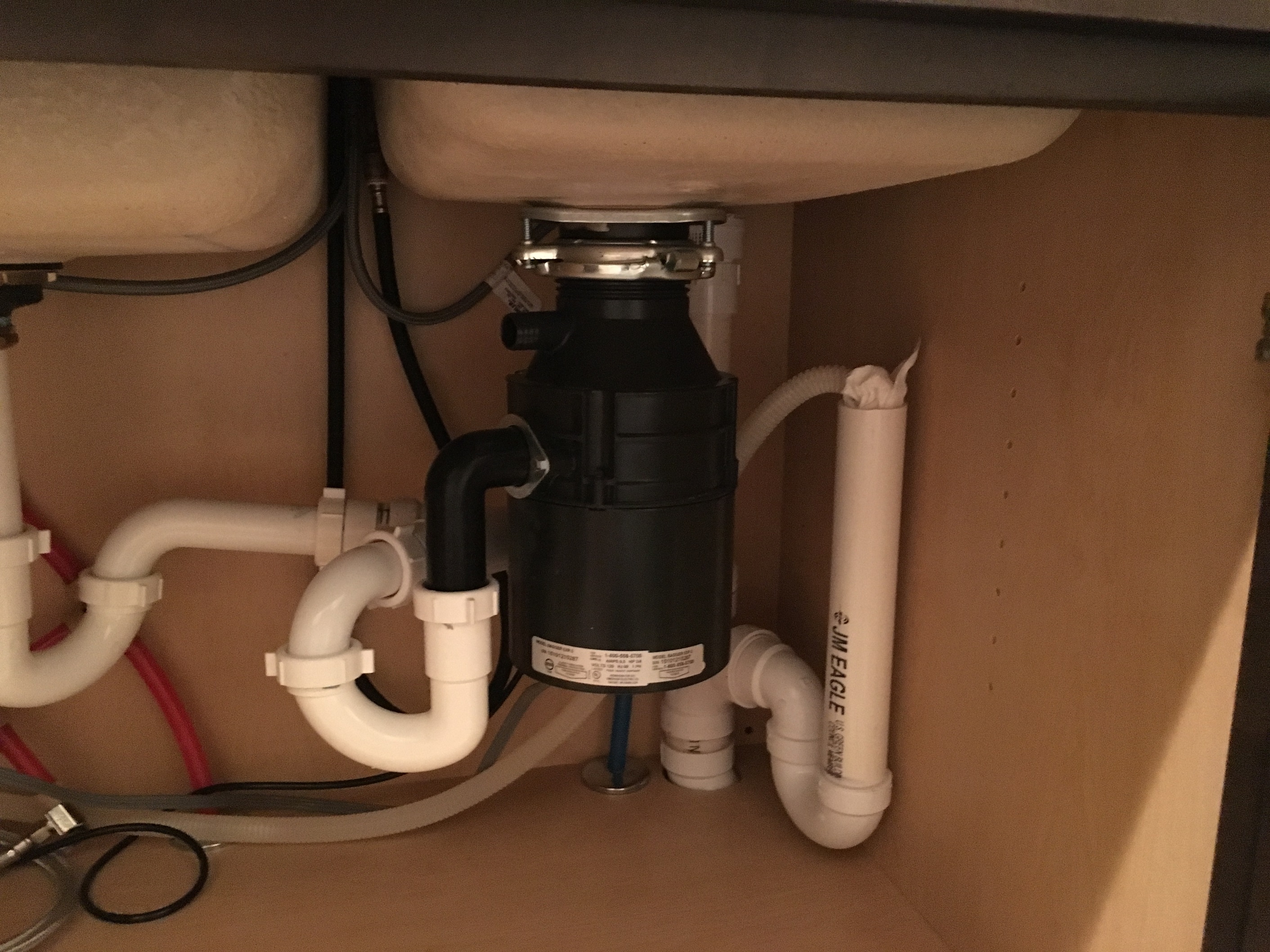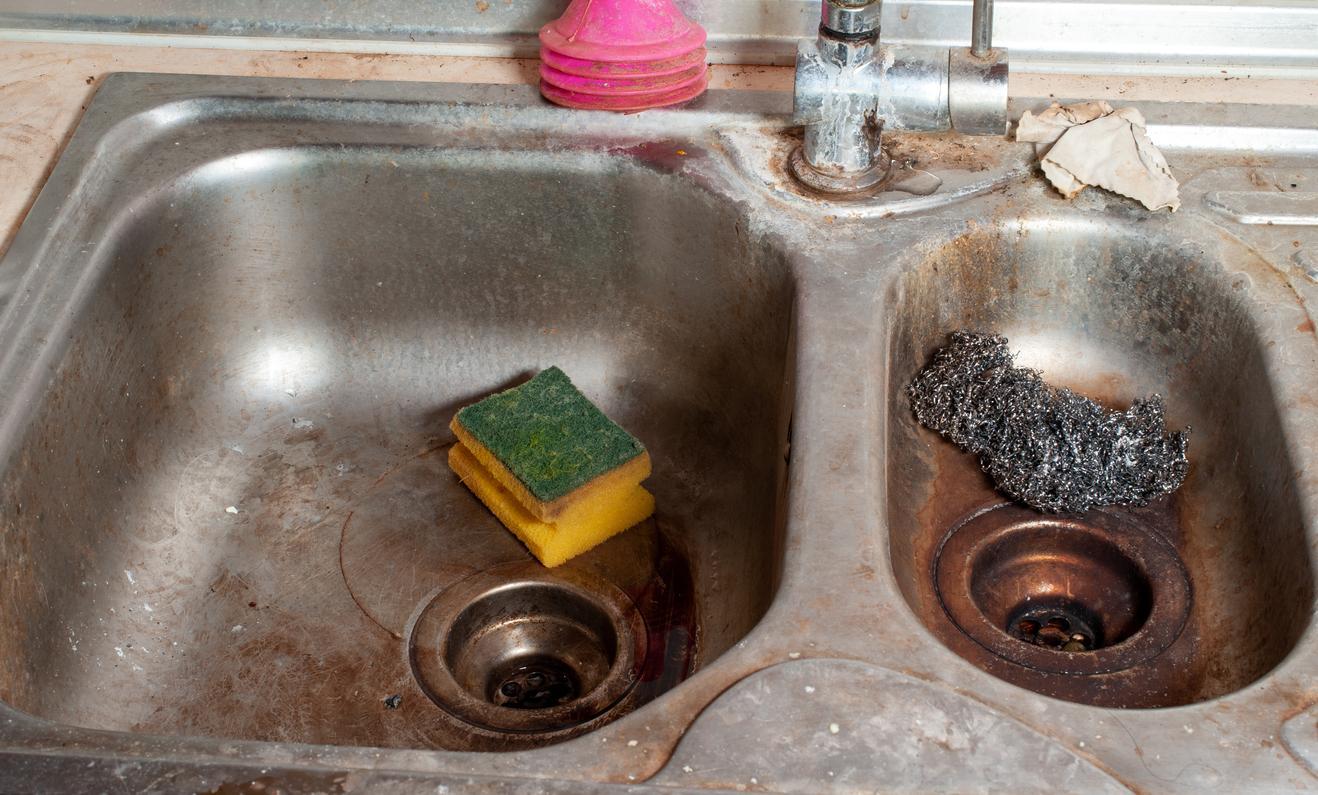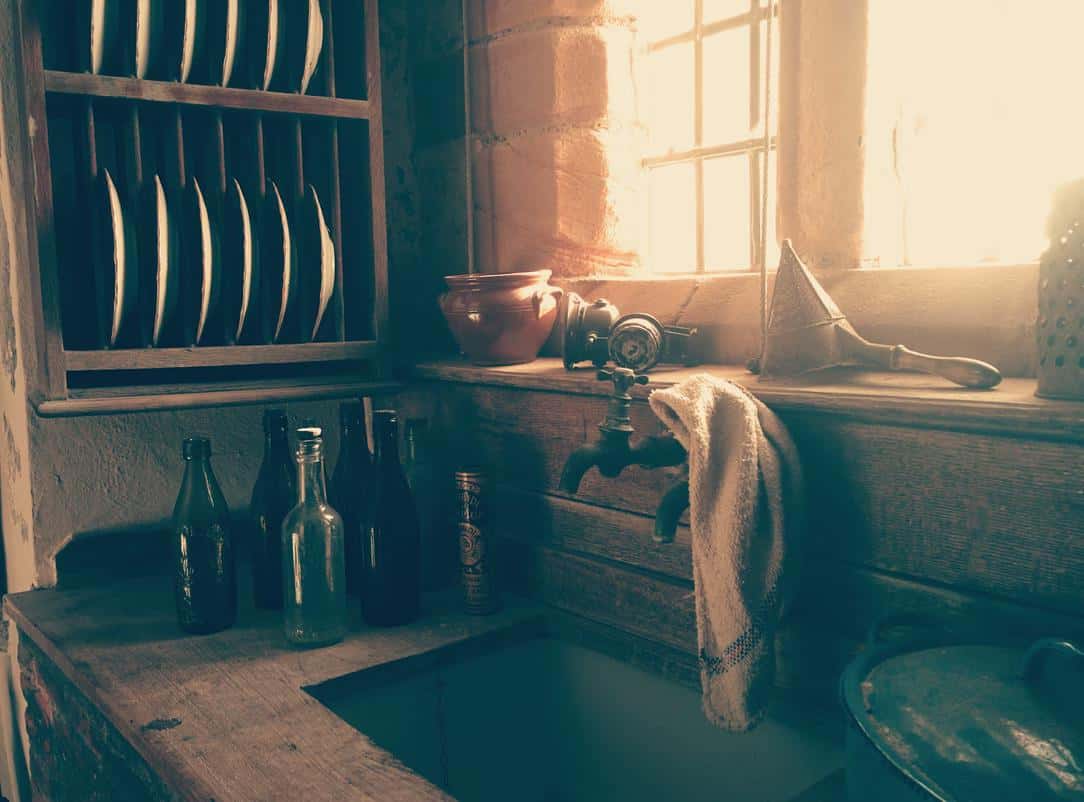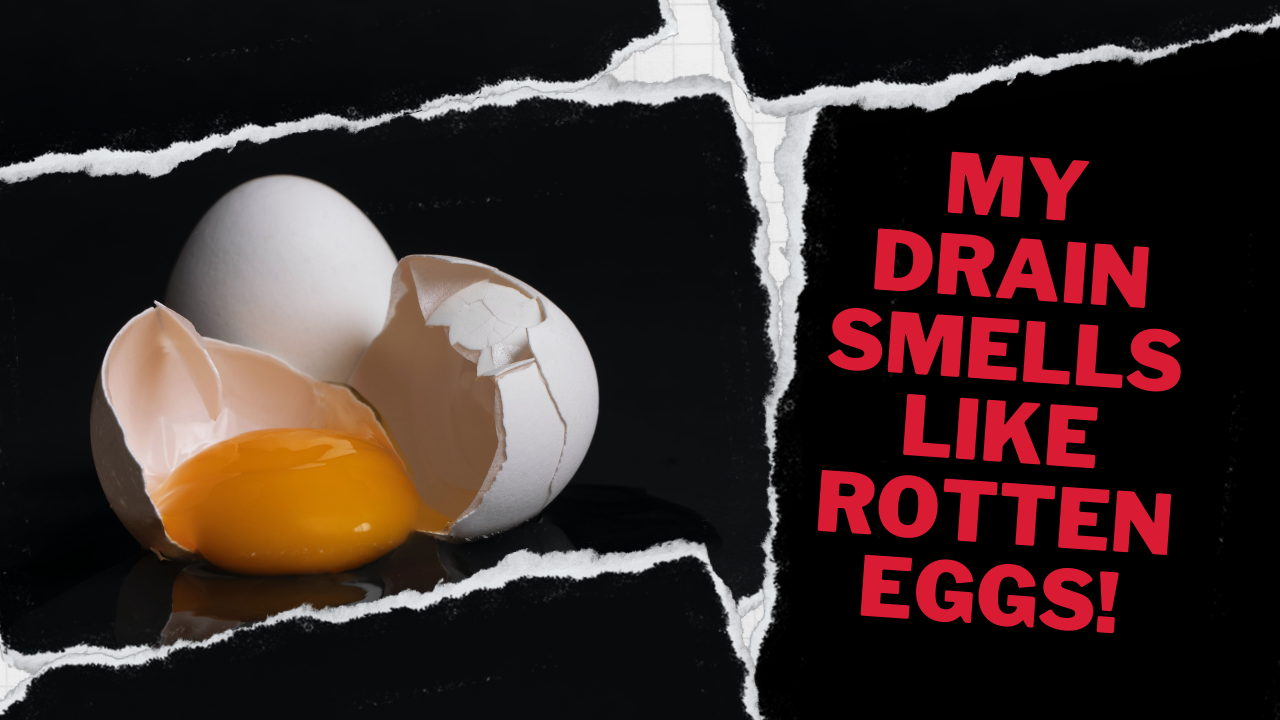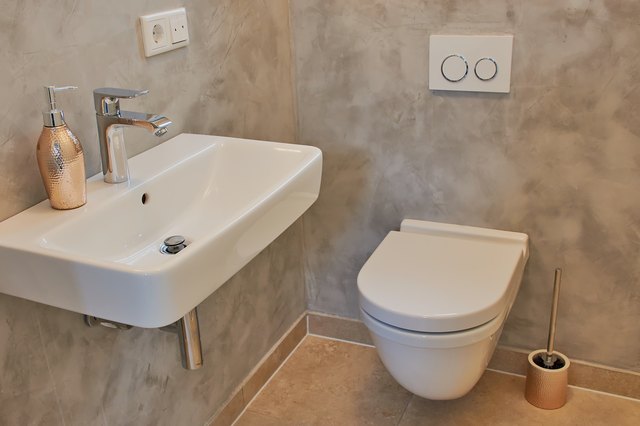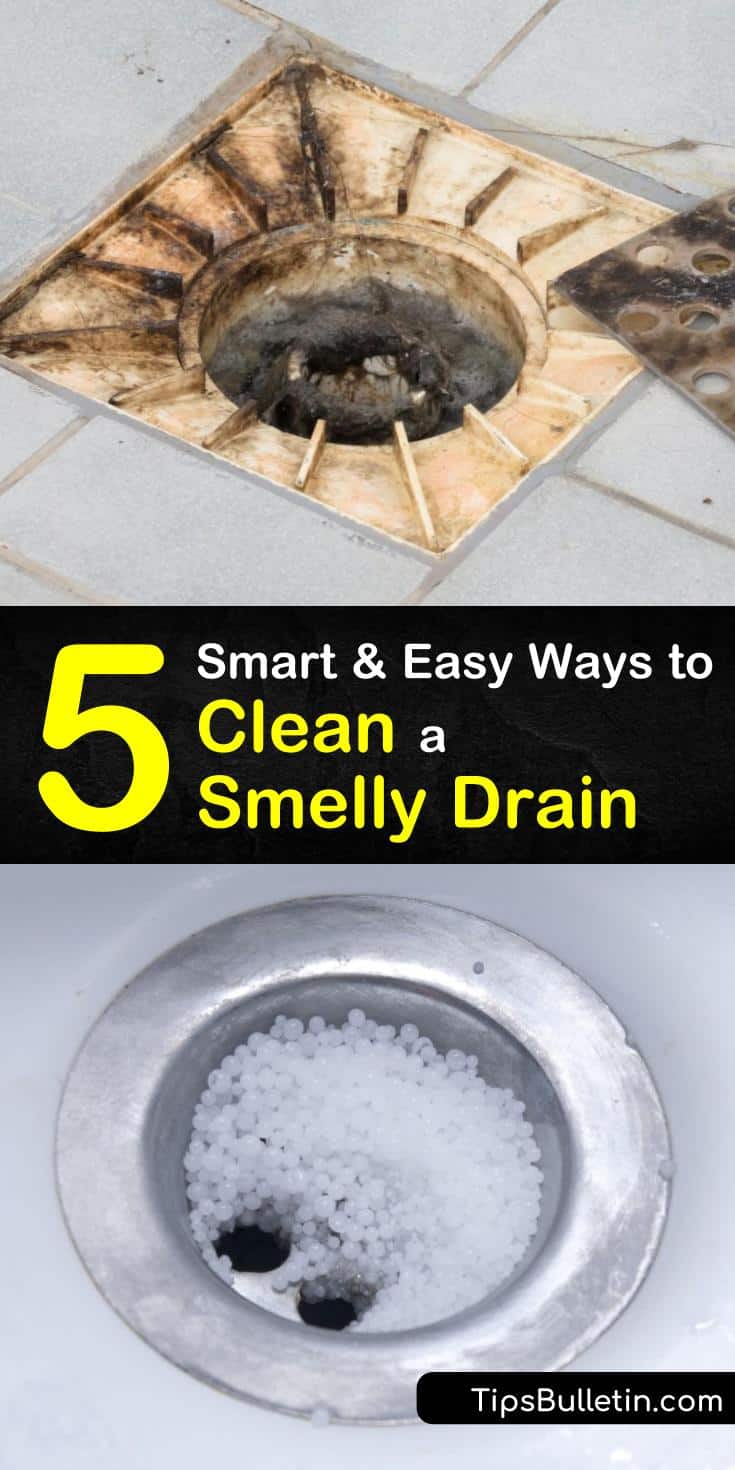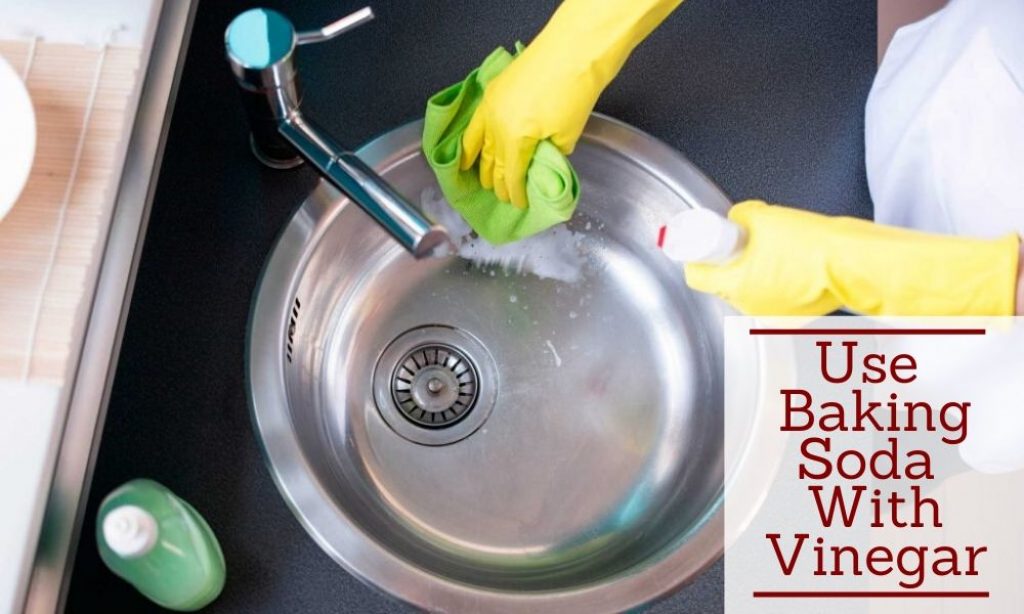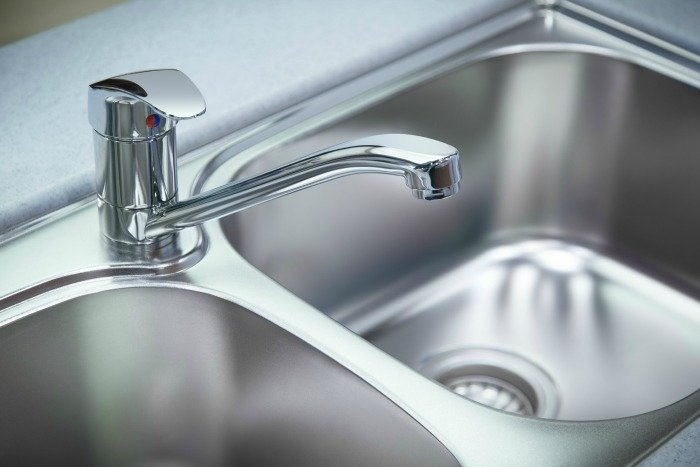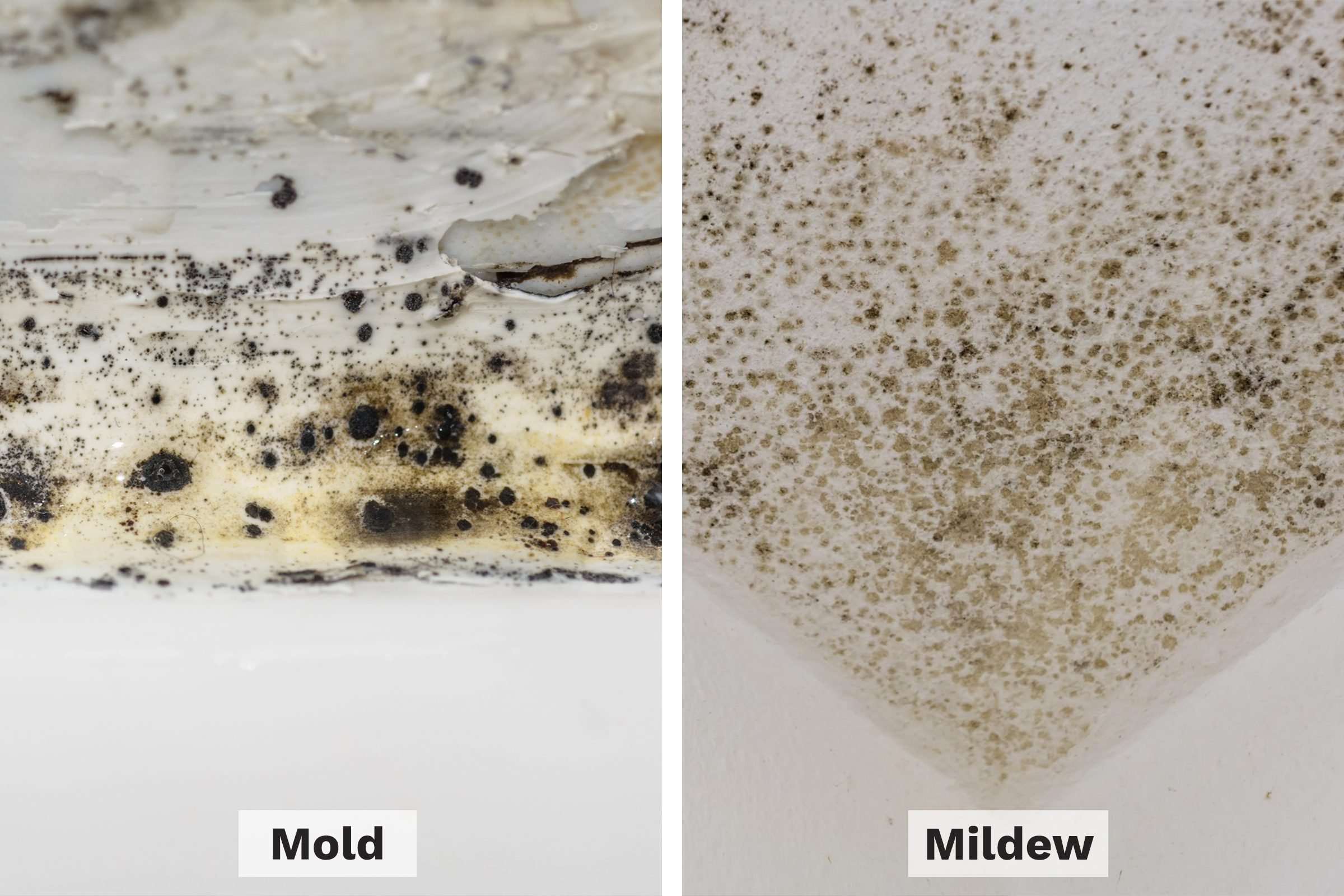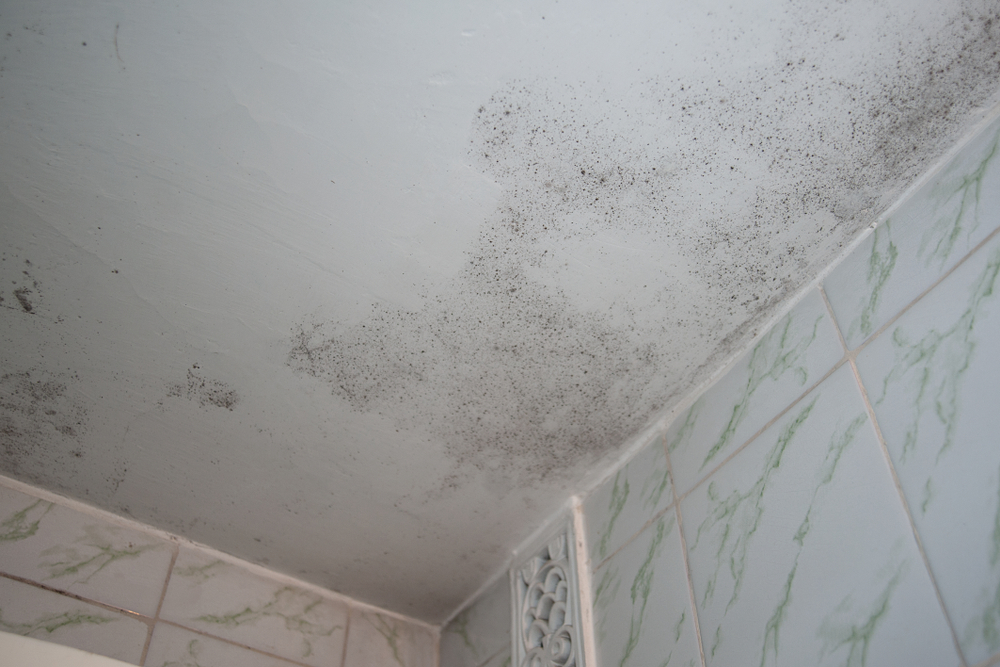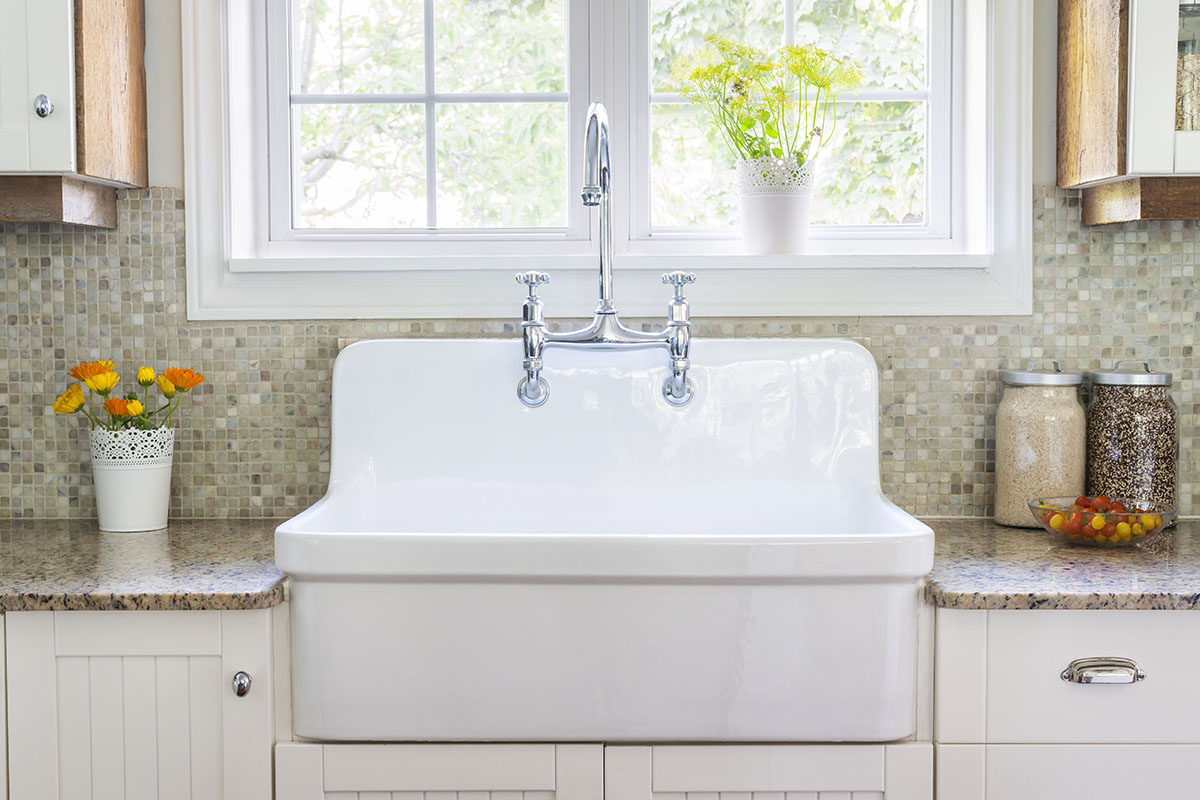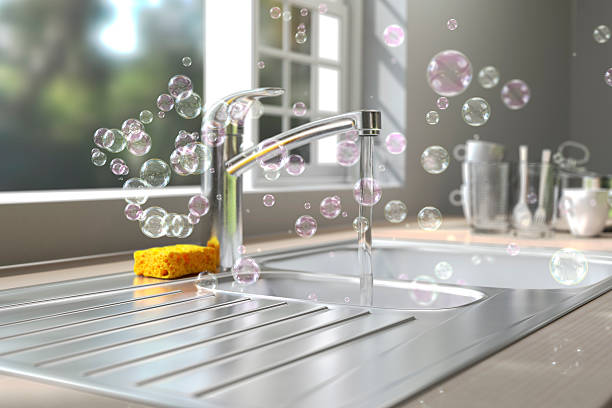Dealing with a mildew smell in your kitchen sink can be both unpleasant and frustrating. Not only does it make your kitchen smell musty, but it can also be a sign of potential mold growth and bacteria buildup. Fortunately, there are several easy and effective ways to eliminate that mildew smell and keep your kitchen sink smelling fresh. Let's dive into some tips and tricks for getting rid of that unwelcome odor.How to Get Rid of a Mildew Smell in a Kitchen Sink
If you're wondering why your kitchen sink smells like mildew, the answer might lie in poor cleaning habits. Over time, food particles, grease, and soap scum can build up in your sink and create a breeding ground for bacteria and mold. To eliminate the musty smell, start by thoroughly cleaning your sink with hot water and soap. Use a sponge or brush to scrub away any visible grime or buildup.How to Eliminate a Musty Smell in Your Kitchen Sink
Once your sink is clean, there are a few additional steps you can take to ensure that the mildew smell is gone for good: 1. Use a mixture of baking soda and vinegar: This natural cleaning solution can help to break down and eliminate any lingering odors in your sink. Mix equal parts baking soda and white vinegar and pour it down the drain. Let it sit for 15-20 minutes before rinsing with hot water. 2. Scrub the garbage disposal: If your kitchen sink has a garbage disposal, it's important to clean it regularly to prevent odors. Cut a lemon in half and run it through the disposal, or use a mixture of ice and salt to scrub away any buildup and freshen the disposal. 3. Use a commercial drain cleaner: If the mildew smell persists, try using a commercial drain cleaner specifically designed to eliminate odors. Be sure to follow the instructions carefully and use caution when handling these products. 4. Check for leaks: Sometimes, a mildew smell in your kitchen sink can be caused by a hidden leak. Check your pipes and connections for any signs of water damage or leaks and address them promptly to prevent mold growth. 5. Dry your sink after use: To prevent future mildew smells, make it a habit to dry your sink after use. This will help to prevent any standing water or moisture that can lead to bacteria and mold growth.5 Tips for Removing Mildew Smell from Your Kitchen Sink
Understanding the root cause of a mildew smell in your kitchen sink can help you prevent it from happening in the future. As mentioned earlier, poor cleaning habits and food particles can create a breeding ground for bacteria and mold. Other common causes of a mildew smell in your kitchen sink include clogged or dirty drains, a malfunctioning garbage disposal, and even a buildup of bacteria on your faucet aerator.Why Does My Kitchen Sink Smell Like Mildew?
If the smell seems to be coming from your drain specifically, it's important to clean it thoroughly to eliminate the odor. Use a mixture of hot water, baking soda, and vinegar to flush out any buildup and odors. You can also use a drain snake or plunger to remove any clogs that may be contributing to the smell.How to Clean a Smelly Kitchen Sink Drain
If you prefer to use natural, DIY solutions for cleaning and deodorizing your kitchen sink, there are several options to choose from. Here are a few ideas to try: - Essential oils: Add a few drops of your favorite essential oil, such as lemon or peppermint, to a mixture of hot water and vinegar for a fresh, natural scent. - Baking soda and citrus peels: Place a handful of baking soda and a few citrus peels in your drain, followed by hot water, to eliminate any odors. - Hydrogen peroxide: Mix equal parts hydrogen peroxide and water and pour it down your drain to kill any bacteria and eliminate odors.DIY Solutions for a Smelly Kitchen Sink
The best way to deal with a mildew smell in your kitchen sink is to prevent it from happening in the first place. Here are a few tips to keep your sink smelling fresh: - Practice good cleaning habits: Make sure to clean your sink regularly and thoroughly to prevent any buildup of food particles or grime. - Use a garbage disposal properly: Be mindful of what you put down your garbage disposal and make sure to run it regularly to prevent buildup and odors. - Keep your sink dry: As mentioned earlier, dry your sink after use to prevent any standing water or moisture that can lead to bacteria and mold growth.How to Prevent Mildew Smell in Your Kitchen Sink
If you prefer to use natural remedies to keep your kitchen sink smelling fresh, here are a few additional ideas to try: - Citrus peels: Place a few citrus peels, such as lemon or orange, in your drain and run hot water to freshen up your sink. - Vinegar and essential oils: Mix equal parts vinegar and water with a few drops of essential oils and pour it down your drain to kill bacteria and eliminate odors. - Baking soda and salt: Mix equal parts baking soda and salt and pour it down your drain, followed by hot water, to neutralize odors.Natural Remedies for a Smelly Kitchen Sink
To recap, here are the most common causes of a mildew smell in your kitchen sink: - Poor cleaning habits - Clogged or dirty drains - Malfunctioning garbage disposal - Bacteria buildup on faucet aerator - Hidden leaksCommon Causes of a Mildew Smell in Your Kitchen Sink
By following the tips and tricks outlined in this article, you should be able to eliminate that mildew smell in your kitchen sink and keep it smelling fresh. Remember to practice good cleaning habits, use natural remedies, and address any potential issues promptly to prevent future odors. With a little bit of effort, you can enjoy a clean and fresh-smelling kitchen sink all the time.How to Keep Your Kitchen Sink Smelling Fresh
Mildew Smell in Your Kitchen Sink - Causes and Solutions
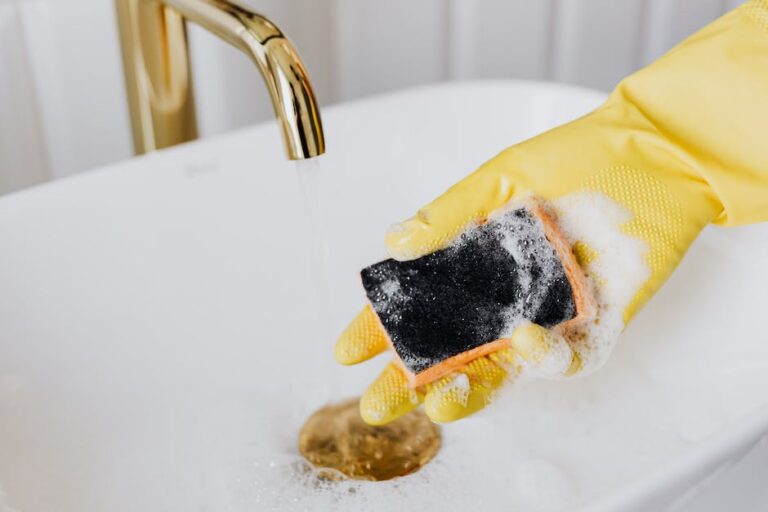
Don't let a funky smell ruin your kitchen design
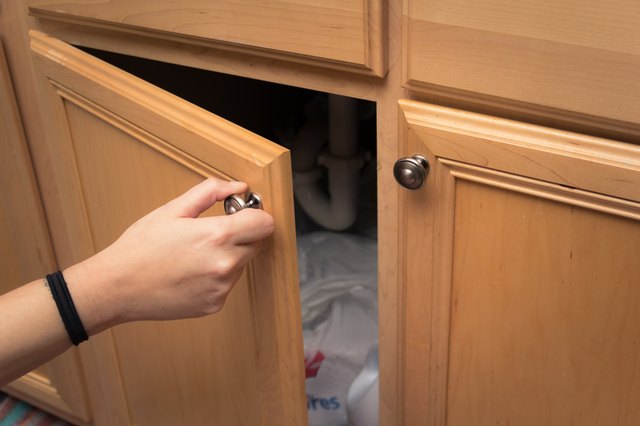 Are you noticing a strange, unpleasant odor coming from your kitchen sink? You're not alone. Many homeowners experience a mildew smell in their kitchen sink, and it's not just an issue of poor housekeeping. This unpleasant smell can actually be a sign of a bigger problem with your house design. In this article, we'll explore the causes of a mildew smell in your kitchen sink and provide solutions to get rid of it for good.
Are you noticing a strange, unpleasant odor coming from your kitchen sink? You're not alone. Many homeowners experience a mildew smell in their kitchen sink, and it's not just an issue of poor housekeeping. This unpleasant smell can actually be a sign of a bigger problem with your house design. In this article, we'll explore the causes of a mildew smell in your kitchen sink and provide solutions to get rid of it for good.
What causes a mildew smell in your kitchen sink?
 The first step to getting rid of a mildew smell in your kitchen sink is understanding what's causing it. One common culprit is a build-up of food debris and bacteria in your drain. When food particles and other organic matter get trapped in your drain, they can start to decompose and produce a foul smell. This is especially common in households that have a garbage disposal.
Another possible cause of a mildew smell in your kitchen sink is a clogged or dirty drain trap. The drain trap is a curved section of pipe located under your sink that is designed to catch debris and prevent it from clogging your pipes. Over time, this trap can become clogged with food particles and other debris, leading to a stagnant, musty smell.
The first step to getting rid of a mildew smell in your kitchen sink is understanding what's causing it. One common culprit is a build-up of food debris and bacteria in your drain. When food particles and other organic matter get trapped in your drain, they can start to decompose and produce a foul smell. This is especially common in households that have a garbage disposal.
Another possible cause of a mildew smell in your kitchen sink is a clogged or dirty drain trap. The drain trap is a curved section of pipe located under your sink that is designed to catch debris and prevent it from clogging your pipes. Over time, this trap can become clogged with food particles and other debris, leading to a stagnant, musty smell.
How to get rid of a mildew smell in your kitchen sink
 The good news is that getting rid of a mildew smell in your kitchen sink is usually a simple fix. The first step is to thoroughly clean your drain. Start by pouring a mixture of hot water and
white vinegar
down your drain. The acidity of the vinegar will help break down any built-up debris and kill bacteria. You can also add a few drops of
lemon juice
for an extra boost of freshness.
Next, use a plunger to remove any clogs that may be causing the smell. Place the plunger over the drain and push down and up several times to create suction. This should dislodge any debris that may be stuck in your drain trap.
If the smell persists, it may be time to call in a plumber. They can use specialized tools to clean and unclog your drain, ensuring that the smell is eliminated for good.
The good news is that getting rid of a mildew smell in your kitchen sink is usually a simple fix. The first step is to thoroughly clean your drain. Start by pouring a mixture of hot water and
white vinegar
down your drain. The acidity of the vinegar will help break down any built-up debris and kill bacteria. You can also add a few drops of
lemon juice
for an extra boost of freshness.
Next, use a plunger to remove any clogs that may be causing the smell. Place the plunger over the drain and push down and up several times to create suction. This should dislodge any debris that may be stuck in your drain trap.
If the smell persists, it may be time to call in a plumber. They can use specialized tools to clean and unclog your drain, ensuring that the smell is eliminated for good.
Preventing a mildew smell in your kitchen sink
 Of course, the best solution to a mildew smell in your kitchen sink is to prevent it from happening in the first place. Here are a few tips to help keep your sink smelling fresh and clean:
-
Run hot water
down your drain after each use to help flush away any food particles.
-
Regularly clean your garbage disposal
by grinding up ice cubes and citrus peels.
-
Avoid pouring grease or oil
down your drain, as this can lead to clogs and bad smells.
-
Use a drain strainer
to catch food particles and prevent them from going down your drain.
In conclusion, a mildew smell in your kitchen sink is not only unpleasant but can also be a sign of a bigger issue with your house design. By understanding the causes and implementing simple solutions, you can keep your sink smelling fresh and your kitchen design looking its best.
Of course, the best solution to a mildew smell in your kitchen sink is to prevent it from happening in the first place. Here are a few tips to help keep your sink smelling fresh and clean:
-
Run hot water
down your drain after each use to help flush away any food particles.
-
Regularly clean your garbage disposal
by grinding up ice cubes and citrus peels.
-
Avoid pouring grease or oil
down your drain, as this can lead to clogs and bad smells.
-
Use a drain strainer
to catch food particles and prevent them from going down your drain.
In conclusion, a mildew smell in your kitchen sink is not only unpleasant but can also be a sign of a bigger issue with your house design. By understanding the causes and implementing simple solutions, you can keep your sink smelling fresh and your kitchen design looking its best.



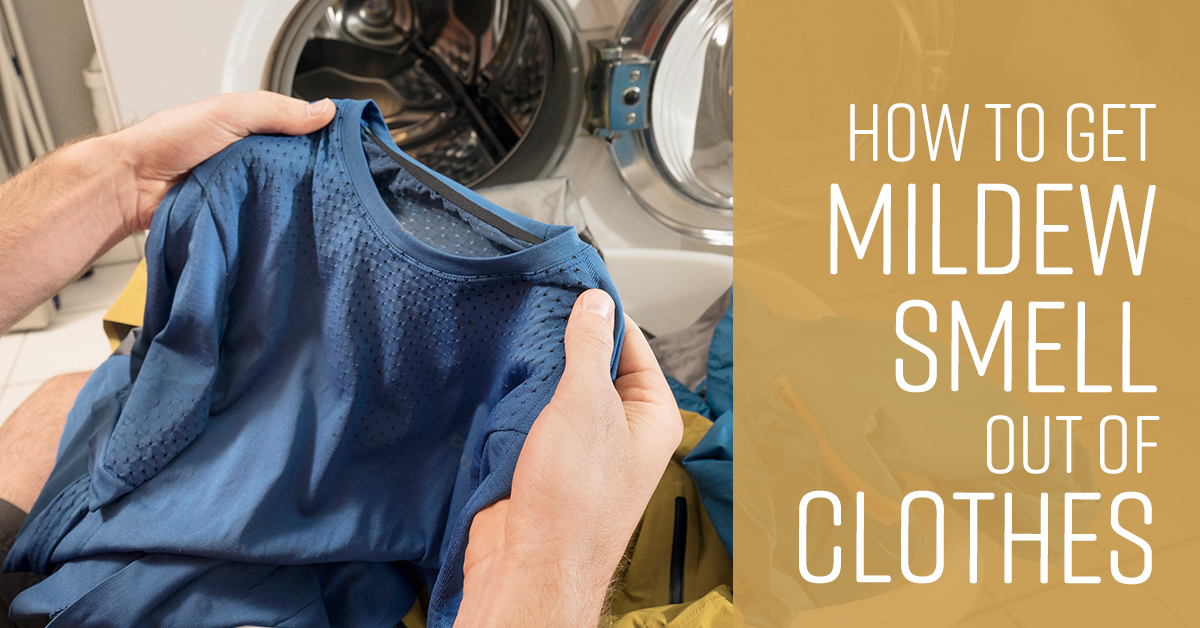







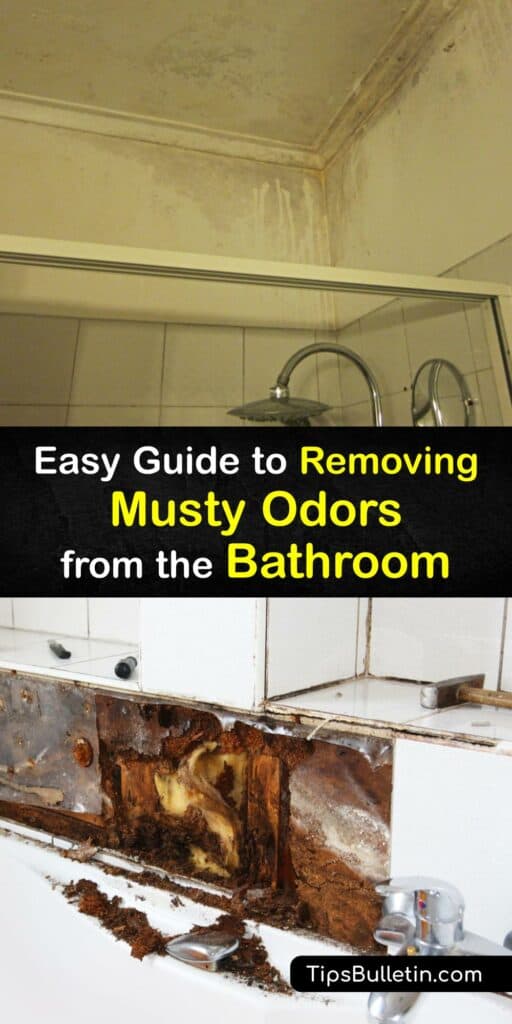

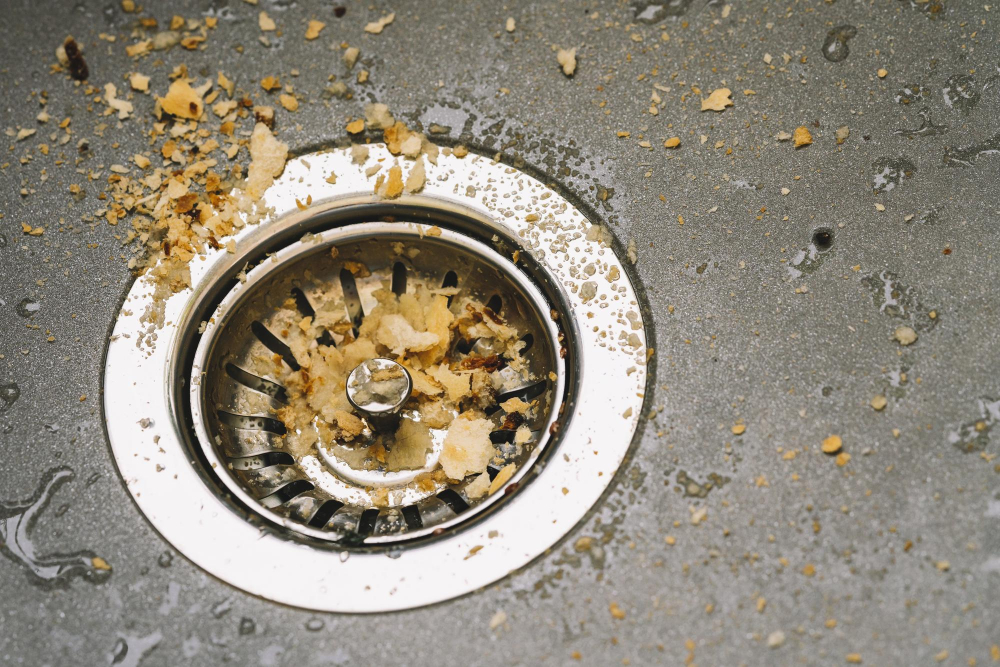


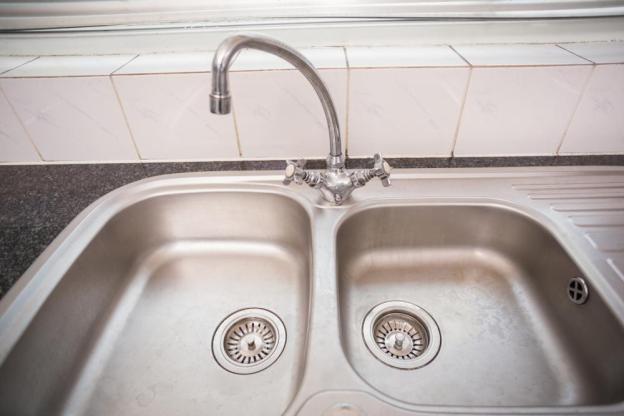

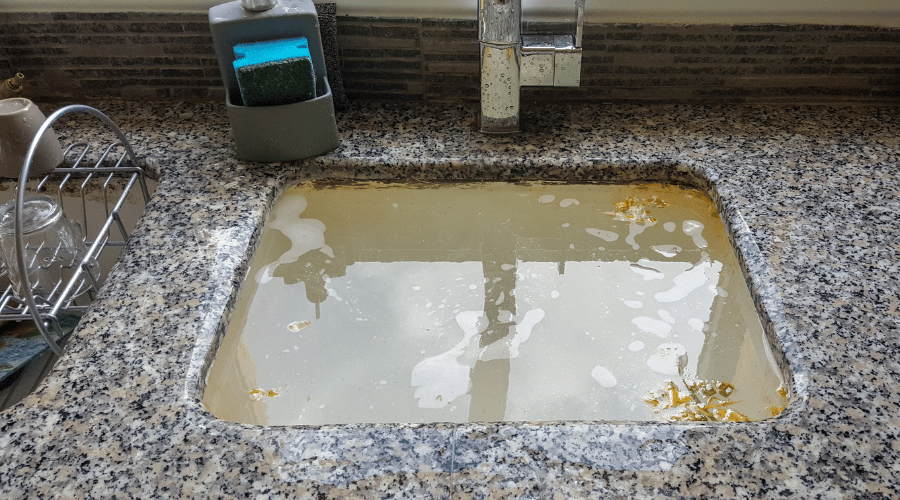




.png)
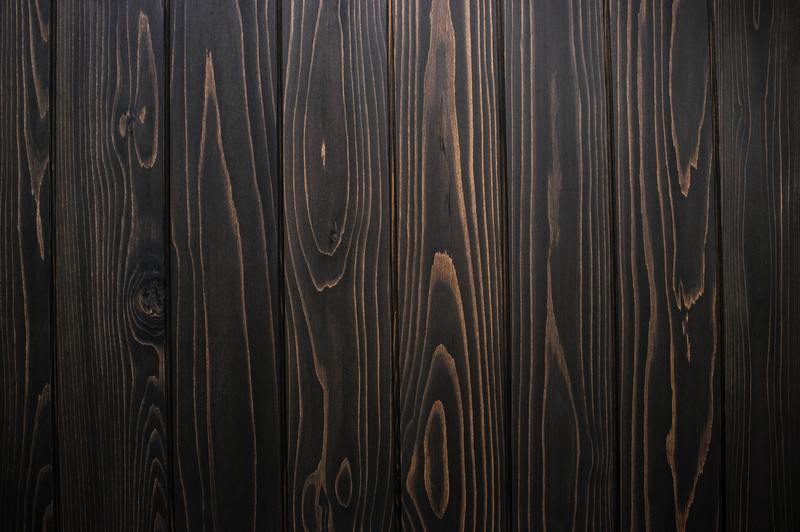
.png)


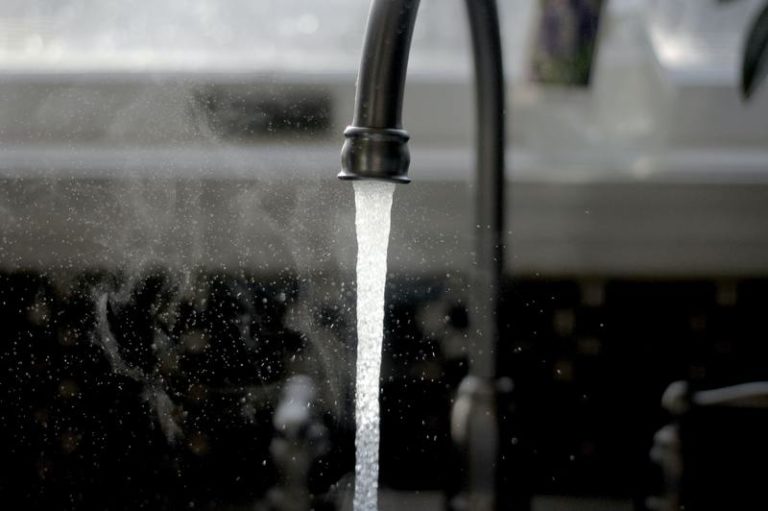






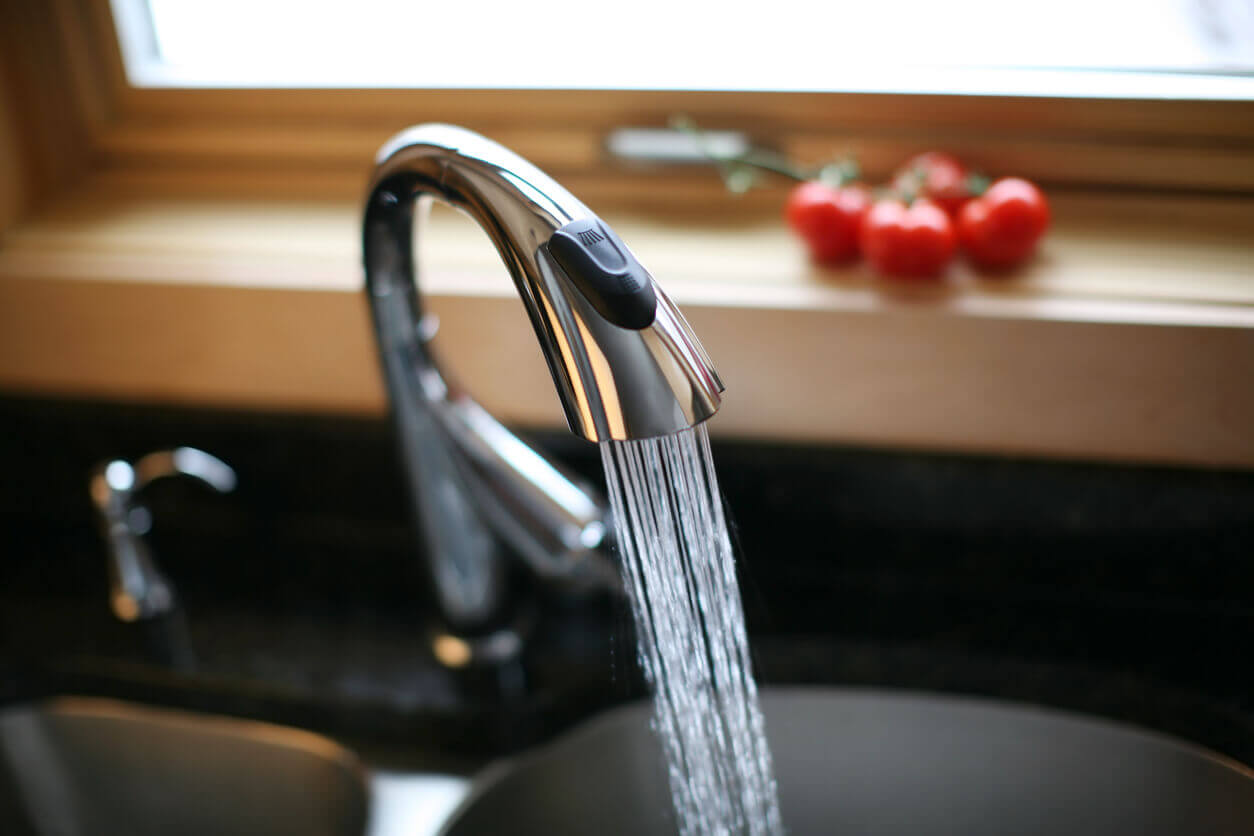
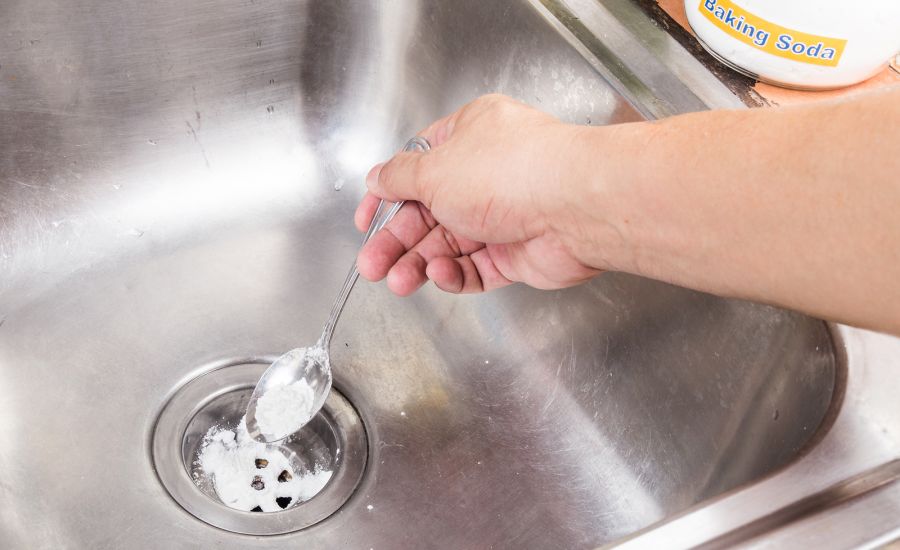
:max_bytes(150000):strip_icc()/why-does-my-kitchen-sink-smell-like-sewage-4707719_01-2030e27351fe4c6c9e1d94145dbbe30a.jpg)
